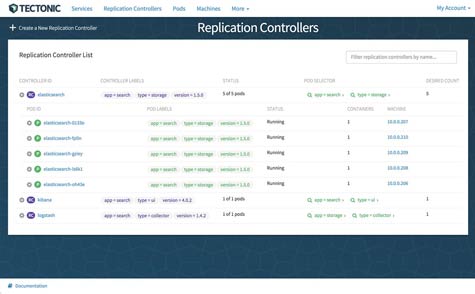When it comes to managing IT these days, the way Web-scale companies such as Google go about it is vastly different from traditional enterprise IT organizations. The former organizations have essentially used their internal engineering prowess to deconstruct IT in a way that made it much easier for them to manage at scale. Now a new class of IT vendors is starting to emerge, turning those concepts into products and services that traditional enterprise IT organizations can more easily consume.
At the forefront of that transition are providers of Linux distributions such as CoreOS, which today announced the general availability of Tectonic, a distribution of Linux that is optimized to run containers.
CoreOS CEO Alex Polvi says Tectonic is designed to give IT organizations a consistent lightweight framework for managing workloads running in production environments running on premise or in the cloud. In fact, for that very reason, Polvi says CoreOS felt the need to challenge the conventional wisdom that containers from Docker would dominate enterprise IT environments. While there’s clearly a lot of momentum behind Docker, CoreOS contends that the rkt container it developed provides a more secure alternative that lends itself better to support production environments versus workloads typically associated with application development and testing.
While CoreOS supports the Open Container Initiative (OCI) that is driving interoperability across diverse containers, Polvi says IT organizations will find that deploying rkt containers on top of Tectonic will provide a simpler way to deploy, manage and secure containers inside and out of the cloud. To that end, CoreOS has now defined an application programming interface (API) for rkt containers.
Tectonic itself provides a console to not only manage its operating system, but also a key-value data store and the Kubernetes container management software developed Google. It also now includes support for single sign-on capabilities and a container registry called Quay Enterprise.
Obviously, with the rise of containers and cloud-native applications, there is something of a race on to become the platform that hosts these applications. The degree to which CoreOS can usurp Red Hat and Microsoft to become that platform remains to be seen. But the one thing that is for sure is that the existence of upstarts such as CoreOS is most certainly lighting a fire across every major IT incumbent vendor.




